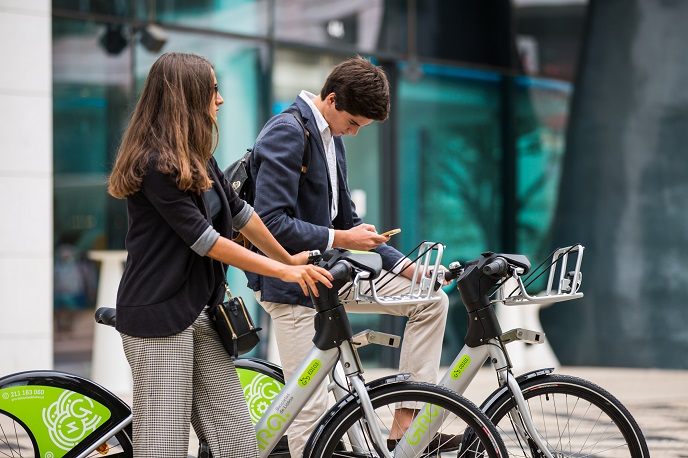Personalised virtual assistant helps boost energy efficiency at home
Small energy changes can make a big difference in climate change. Seemingly trivial actions, such as setting thermostats higher in summer and lower in winter or unplugging appliances when not in use, not only help lower carbon emissions and ease pressure on the power grid, but also help reduce energy bills.
Chatbots could nudge energy-efficient behaviour
The EU-funded Eco-Bot(opens in new window) project unveiled an innovative system that encourages consumers to manage energy more efficiently by providing personalised information on energy consumption using a chatbot. “Through an attractive front-end interface, the resulting chatbot enables seamless communication in a more natural and interactive way than that offered by traditional mobile applications,” notes project coordinator Stephanos Camarinopoulos. Despite its potential to increase consumers’ awareness on the most energy-consuming devices and energy-saving behaviours, there is still a market gap for energy efficiency chatbot technology in the energy sector. Eco-Bot sought to fill it by using existing non-intrusive load monitoring (also known as energy disaggregation) methods and advanced energy data analytics to break down energy consumption to the appliance level and communicating it through the chatbot interface.
Making sense of energy-efficiency behaviour
An important element of the Eco-Bot technology is a model responsible for classifying customers based on their motivations to adopt an energy-saving behaviour. This model uses multivariate data mining techniques: information derived from existing users allows creating a training set for the model so that it can learn the appropriate classification of a new user and assign it to the appropriate segment. For the proper functioning of the model in the application, researchers prepared engagement strategies for different types of consumers. Consumers are classified into ecological idealists, aspiring ecologists, dedicated savers, opportunists and indifferent. “Assigning the user to a particular segment is equivalent to choosing an individually profiled set of recommendations for saving energy and improving energy efficiency,” notes Camarinopoulos. “The more Eco-Bot gets to know a user, the better chance the user has to obtain valuable, tailored recommendations on how to improve their energy behaviour.” For even more targeted recommendations, the behavioural model is also combined with additional factors such as the user’s income and type of residency. “Consumers who have a clearer perception of their energy use are more likely to sustain their energy-saving behaviour. Increased awareness could pave the way towards more energy-efficient lifestyles,” adds Camarinopoulos.
Plentiful recommendations and energy-use alerts
The recommendations provided by Eco-Bot are plentiful and concern various aspects and household appliances. For example, the system uses data gathered from the smart meter to inform the user about the current level of energy usage and a projected bill based on that pattern. It also indicates where energy consumption is occurring by showing key areas of use. The user has a clearer view of how their energy consumption changes over time. The consumer also receives guidance on how to select energy-efficient appliances and gets informed about the cost savings of a newly purchased appliance and its payoff time. Enabling the setting of energy efficiency goals, the system helps the user track their progress towards achieving them. The technology was validated through large-scale pilots across Europe. “Despite the fact that the COVID-19 pandemic affected the users’ energy consumption in all pilots, results showed that Eco-Bot motivated both residential and commercial users to improve their energy consumption behaviour by implementing the provided recommendations and investing in more energy-efficient appliances,” concludes Camarinopoulos.







